Muslim law board opposes petition filed against Triple Talaq in SC, says courts should use judicial restraint
Tue 28 Mar 2017, 14:38:26
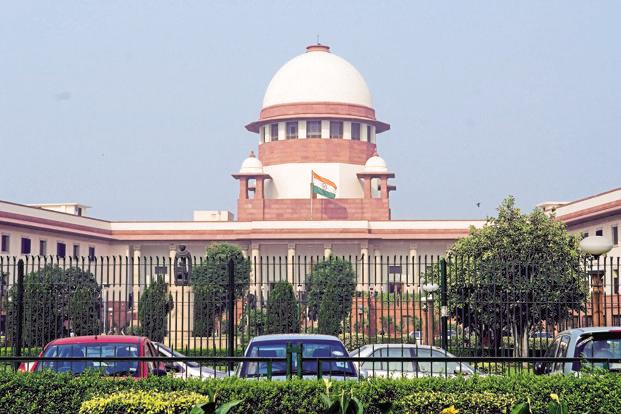
The All India Muslim Personal Law Board (AIMPLB) told the Supreme Court that pleas challenging the practices of triple talaq, ‘nikah halala’ and polygamy among Muslims were not maintainable as the issues fell outside the realm of judiciary.
The board said the validity of Mohammedan Law, founded essentially on the Holy Quran and sources based on it, cannot be tested on the particular provisions of the Constitution. It said there was a need for “judicial restraint” before going into constitutional interpretation of these unless such an exercise becomes unavoidable.
It said the issues, raised through a batch of petitions, fell within the legislative domain, and since divorce was an issue of private nature, it cannot be enforced by bringing it under the ambit of fundamental rights.
The AIMPLB claimed the petitions were “misconceived” and the challenge was based on incorrect understanding of the Muslim Personal law, contending the Constitution grants freedom to every religious section to manage its own affairs in matters of religion.
“At the outset, it is submitted that the present petitions are not maintainable as the petitioners seek to enforce fundamental rights against private parties. It is submitted that the protection
guaranteed by Articles 14, 15 and 21 is intended to be available against the Legislature and the Executive and not against private individuals. It is submitted that in the present case, the petitioners are seeking judicial orders which are completely outside the purview of Article 32. Private rights cannot be enforced against individual citizens under Article 32(1),” AIMPLB said in its written submissions filed in the apex court.
guaranteed by Articles 14, 15 and 21 is intended to be available against the Legislature and the Executive and not against private individuals. It is submitted that in the present case, the petitioners are seeking judicial orders which are completely outside the purview of Article 32. Private rights cannot be enforced against individual citizens under Article 32(1),” AIMPLB said in its written submissions filed in the apex court.
While opposing the pleas on issues, including alleged gender discrimination faced by Muslim women in divorce cases, the board said the points raised in the petitions are matters of legislative policy and fall outside the sphere of the judiciary.”
“The preamble of the Constitution clearly enshrines values of liberty of thought, expression, belief, faith and worship. Further, Article 25 of the Constitution, guarantees freedom of conscience and freedom to profess, practice and propagate religion. Article 25 guarantees individual freedom of conscience subject to public order, morality and health and to the other provisions of the third part of the Constitution. Article 26 of the Constitution grants freedom to every religious denomination or any section thereof to manage its own affairs in matters of religion,” it said.
No Comments For This Post, Be first to write a Comment.
Most viewed from National
Most viewed from World
AIMIM News
Latest Urdu News
Most Viewed
May 26, 2020
Should there be an India-Pakistan cricket match or not?
Latest Videos View All
Like Us
Home
About Us
Advertise With Us
All Polls
Epaper Archives
Privacy Policy
Contact Us
Download Etemaad App
© 2026 Etemaad Daily News, All Rights Reserved.

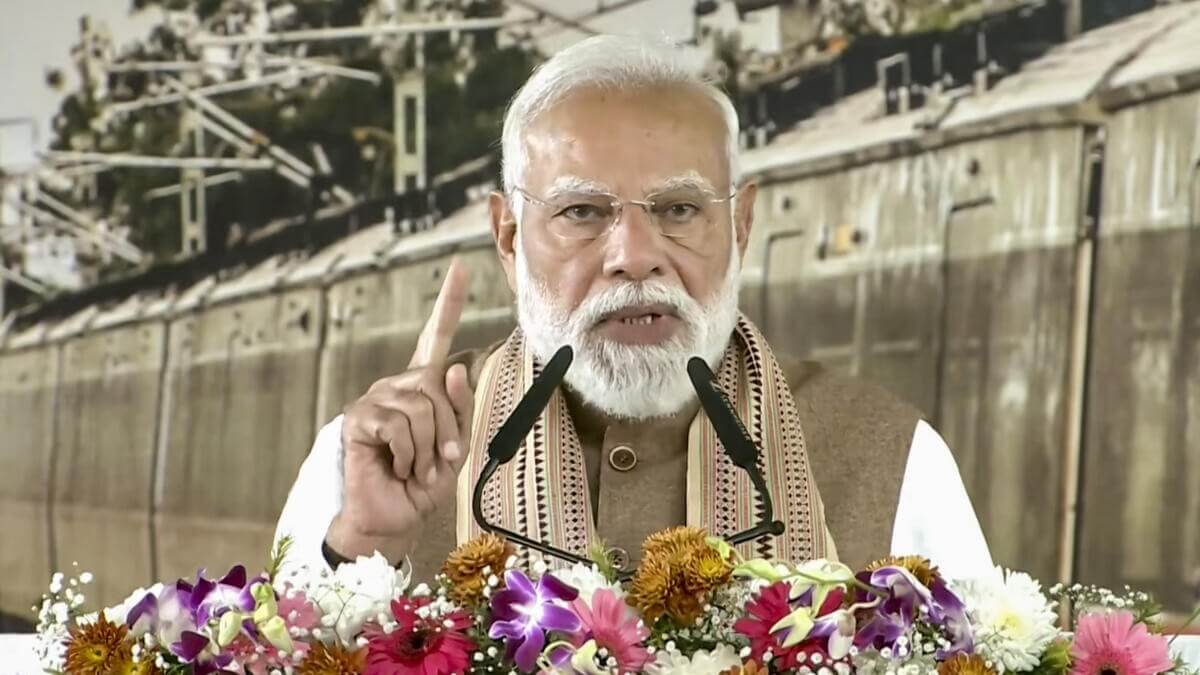


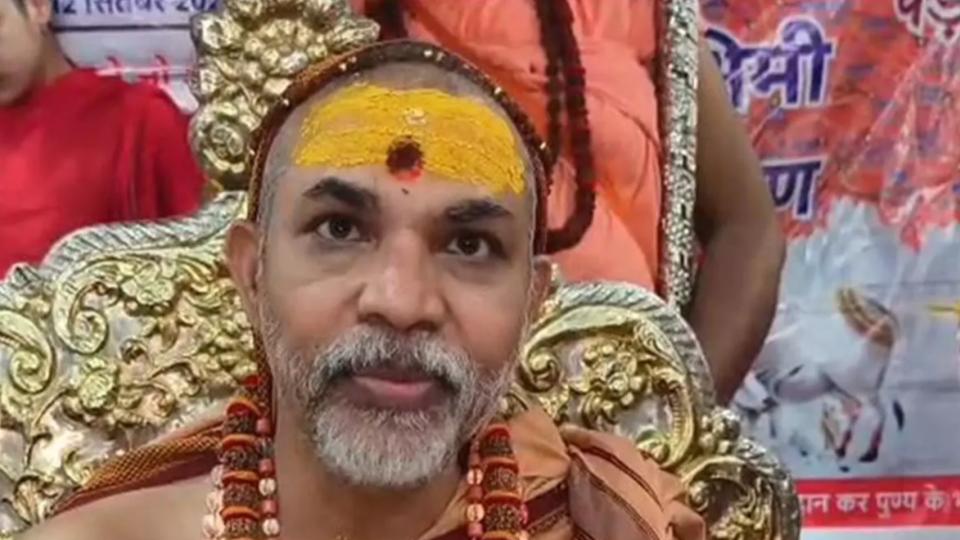


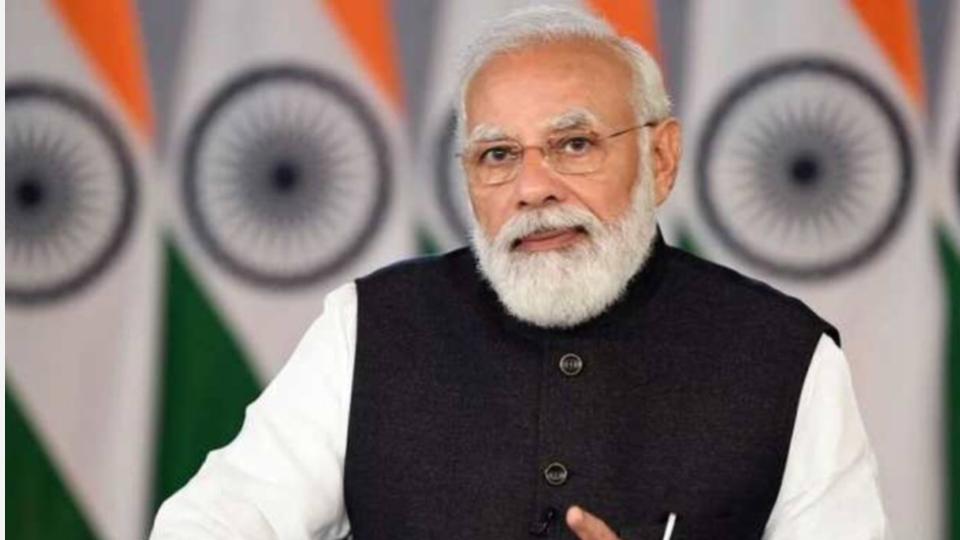


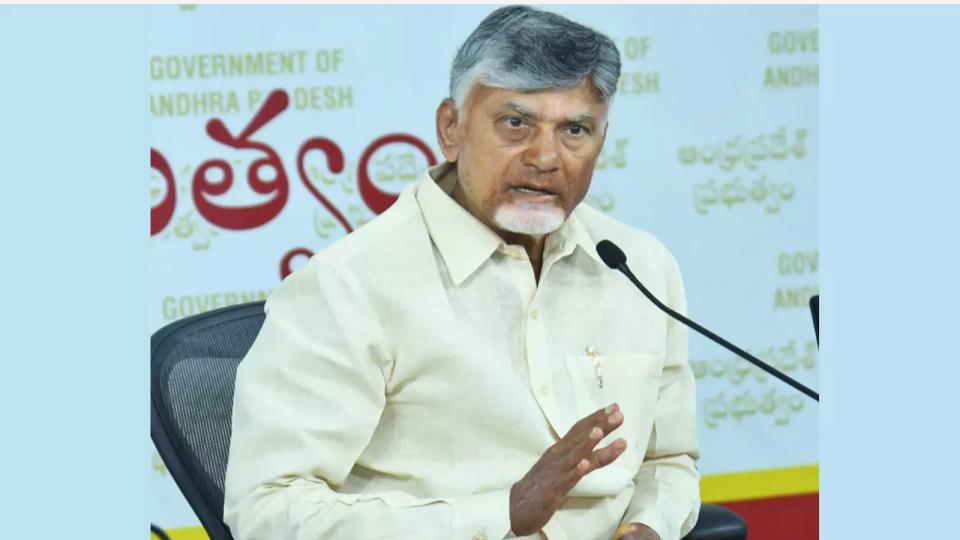
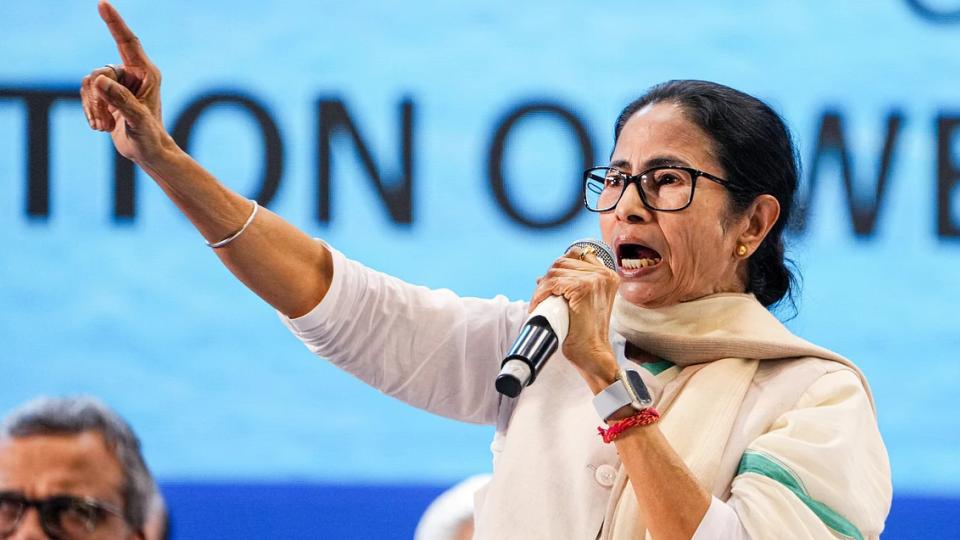
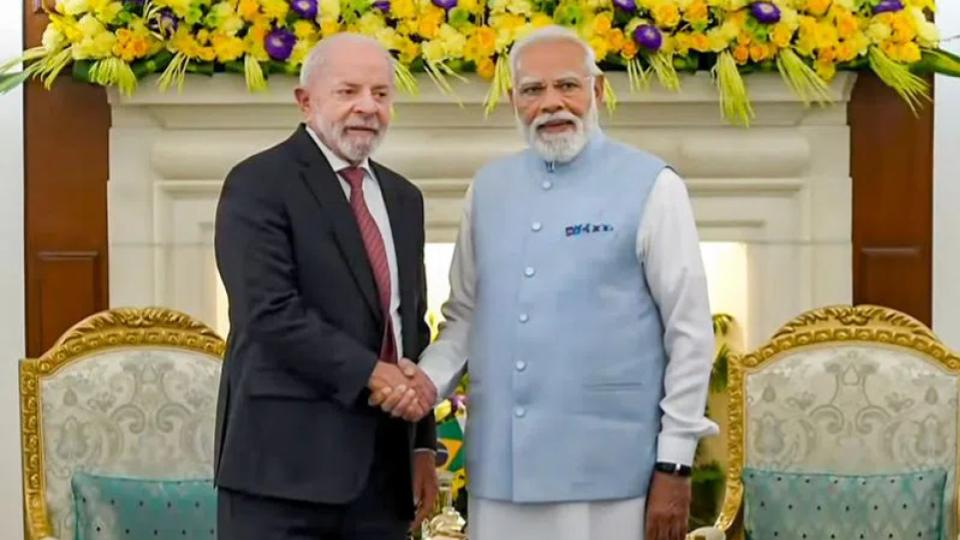







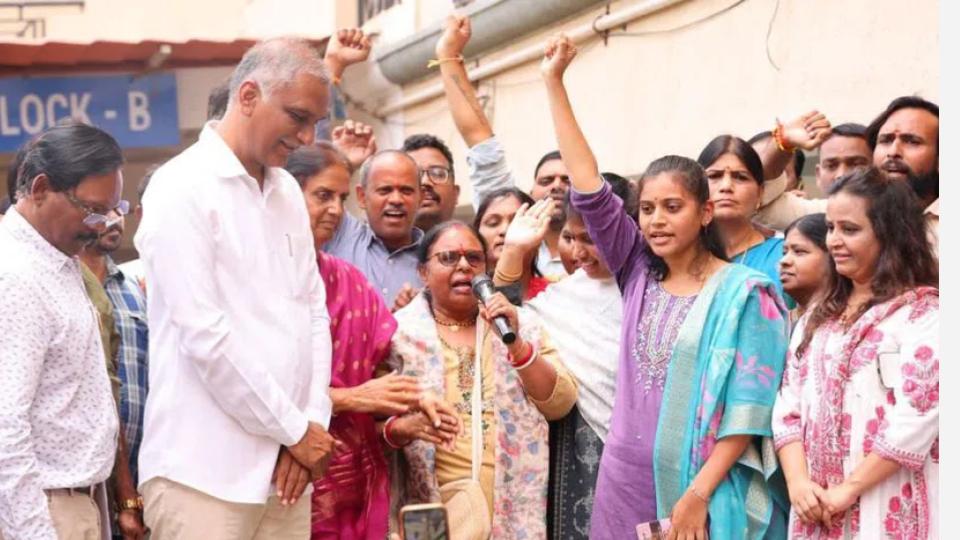
















.jpg)
.jpg)
.jpg)


